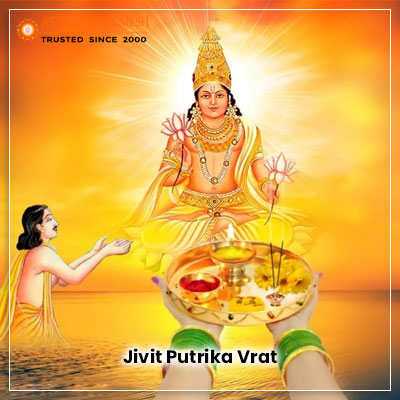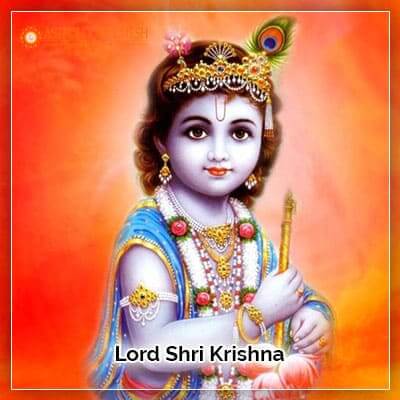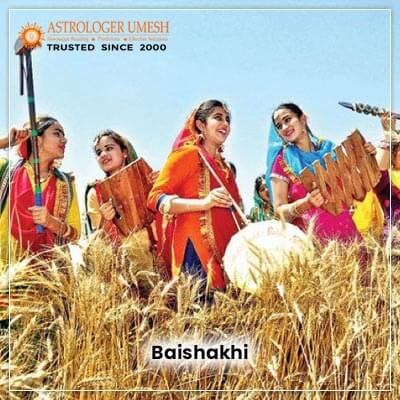Jivitputrika Vrat

What Is Jivitputrika Vrat?
Jivitputrika Vrat is a religious observance of a fast done by mothers for the longevity and wellbeing of their children. It is celebrated on Ashwini month of Krishna Paksha during Ashtami Tithi. It is also known as Jitiya Vrat and is a sacred festival celebrated with deep-seated religious regard and veneration of the devotees.
It should be noted that the ritual of offering reverential worship to the divine lord, on Jitiya vrat, follows after sunset.
What Is The Significance Of Jivitputrika Vrat?
The religious significance of Jivitputrika Vrat lies in the fact that like other Teej vrats, this one too is observed keeping in mind the ritualistic compliances, including observing water-less fast just like Nirjala vrat.
The festival continues for three days thereby setting off rituals to follow, such as Nahay-Khai on Saptami and observance of water-less fast (also involving abstinence of food) on Ashtami. The devotee mothers who celebrate the festival of Jivitputrika Vrat wish for the divine almighty the long-life, healthy living and good fortune for their children.
The devotees break off their vast on Navami Tithi, thereby signalling the conclusion of the festival.
Do you want to attain spiritual consciousness in life? Choose Shri Krishna Puja to make it happen, among other benefits you will attain from it.
The Legend Associated With Jivitputrika Vrat
Jivitputrika Vrat is said to have come from an incident in the epic Mahabharata. The son of Guru Drona, Ashwatthama became extremely upset after he came to know that his father was killed at the hands of Pandavas. Driven by sheer vengefulness, one night, he sneaked into the tent of Pandavas. There in the tent, he found five figures asleep. Assuming they were all Pandavas, Ashwatthama killed all five of them then and there. They were not Pandavas but five infants of queen Draupadi.
Later, Arjuna arrested Ashwatthama and deprived him of his precious stone. Enraged by that embarrassment, Ashwatthama killed the unborn child of Uttara, the wife of Arjuna. Eventually, lord Krishna came to the rescue of the unborn child of Uttara and gave him life by summoning all the positive energies of his noble deeds and transferring them to the child. Later, the child resurrected thus was known as Jivitputrika. Since then, the festival of Jivitputrika came into existence. It has been observed by mothers for the well-being and longevity of their children.
Key Facts Of Jivitputrika Vrat:
- It is usually observed by mothers.
- It is celebrated every year in the month of Ashwini.
- Another name of the festival is Jitiya vrat.
- Devotees observe water-less fast, including not eating any food until the festival comes to an end.
- Mothers observe fast on Jivitputrika festival in the hope to see their children happy, prosperous and in sound health enjoying a long life.
- The underlying belief of observing the festival for devotee mothers is to see the life of their children blessed with longevity, peace and prosperity.
- The devotees break off their fast on the third day of the festival.
- The festival is believed to have originated from the epic Mahabharata involving Ashwatthama, his act of regicide, and lord Krishna saving the unborn child of Uttara.
Conclusion The festival of Jivitputrika Vrat falls on the month of Ashwini every year. Observed by mothers, it is considered to be one of the greatest and most auspicious religious festivals in India. Devotees observe strict fast that involves avoidance of water and food. They do so with an underlying purpose of safety, longevity, and good fortunes in the life of their children.
Read more Blogs:
Hariyali Teej and Putrada Ekadashi































